How Does a Vegan Diet Affect Athletic Performance?
The rapid rise in popularity of ultrarunning over the past 10 years has been matched by an increase in the practice of veganism, and a number of prominent professional athletes are declared vegans or vegetarians. Some meat eaters profess skepticism that vegan athletes can consume enough protein to build the muscle required to pursue professional sport, but there are plenty of real-world examples proving them wrong.
Scott Jurek is the most famous vegan ultra-endurance athlete, with seven consecutive Western States 100 Mile Endurance Run wins to his credit, two Badwater Ultramarathon wins, a U.S. record (266.67 kilometres) for 24 hours on the roads, and a (since broken) supported FKT on the Appalachian Trail of 46 days, 8 hours, and 7 minutes in 2015.
At home, Jurek consumes traditional whole foods (e.g. beans, whole grains, tempeh, miso, and sprouted tofu), and he says he looks for products that have been sprouted, soaked, or fermented to help break down the indigestible cellulose in plant cell walls. On long training runs and in races he was famous for bringing homemade hummus sandwiches, but is also a proponent of (vegan, of course) energy gels and bars.
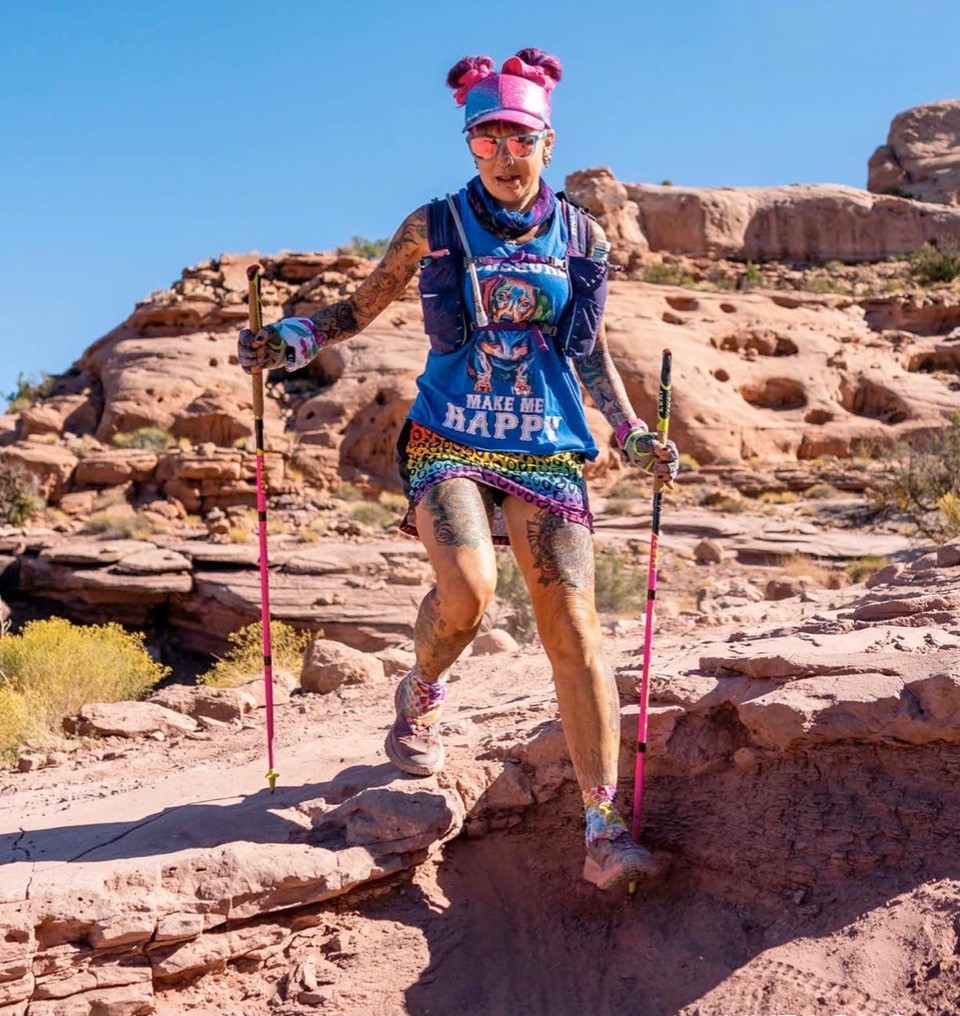
Catra Corbett is another vegan ultrarunner with an impressive c.v. She has completed over a hundred 100-mile races and is the oldest female finisher of the Triple Crown of 200s, a trio of iconic American 200-mile ultramarathons. Corbett also goes with vegan gels and bars in training and competition, as well as fruit and nut trail mix, avocados and nut butters. Both Corbett and Jurek wear vegan trail running shoes, offered by many manufacturers (e.g. Brooks for Jurek, Hoka for Corbett).
To learn how athletes can maintain (and increase) performance levels on a vegan diet, RUN Singapore spoke with Amit Mehta, founder of Unived, an Indian company that makes a wide range of natural, vegan health foods and supplements, including sports nutrition products (available at Red Dot Running Company) that are used by some of the world’s top ultrarunners, including Americans Hayden Hawks and Sandi Nypaver, Indonesian Ruth Theresia and Indian Kieren D’Souza.
RUN Singapore: Amit, I assume you are a vegetarian, and possibly vegan as well? Have you always been vegetarian (obviously something that is much more likely in India, which has so many vegetarians), or is that a change you made at some point, and if it is, what prompted it?
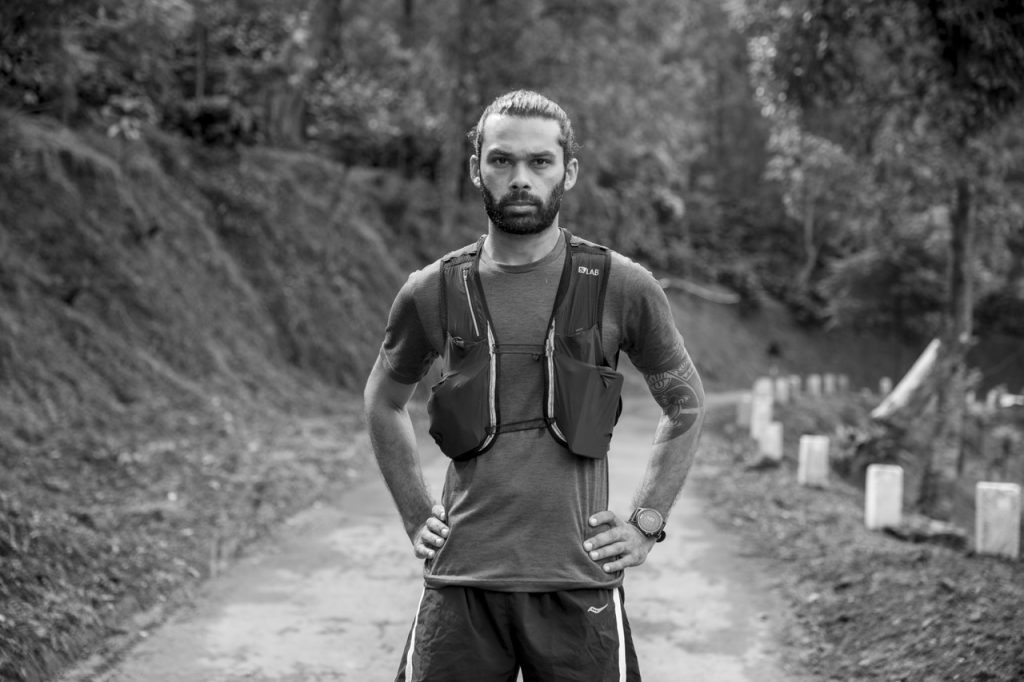
Amit Mehta: I was born in a vegetarian family, so I grew up vegetarian. I dabbled with fish and meat when I went off to college, but while my mind wanted to eat it (for protein!), my body seemed to reject it; I suffered from indigestion, felt sluggish, got acne, and just felt in an overall unhealthy state. I started reading up on food and nutrition, the role it plays in athletic performance, and before too long, I switched back to being vegetarian and soon enough turned vegan.
I turned vegan for health reasons and I have remained vegan for health and ethical reasons. It’s important to note that ‘plant-based’ and vegan are quite different. Plant-based individuals may eat a vegan diet, but do not live a vegan lifestyle. Being vegan is all-encompassing and entails a life of compassion and non-violence that outgrows just diet to involve all aspects and choices of life. It has had a profound effect on my mental and physical health, and most importantly on my near-immediate recovery from hard workouts. It also keeps me lean, and full of energy.
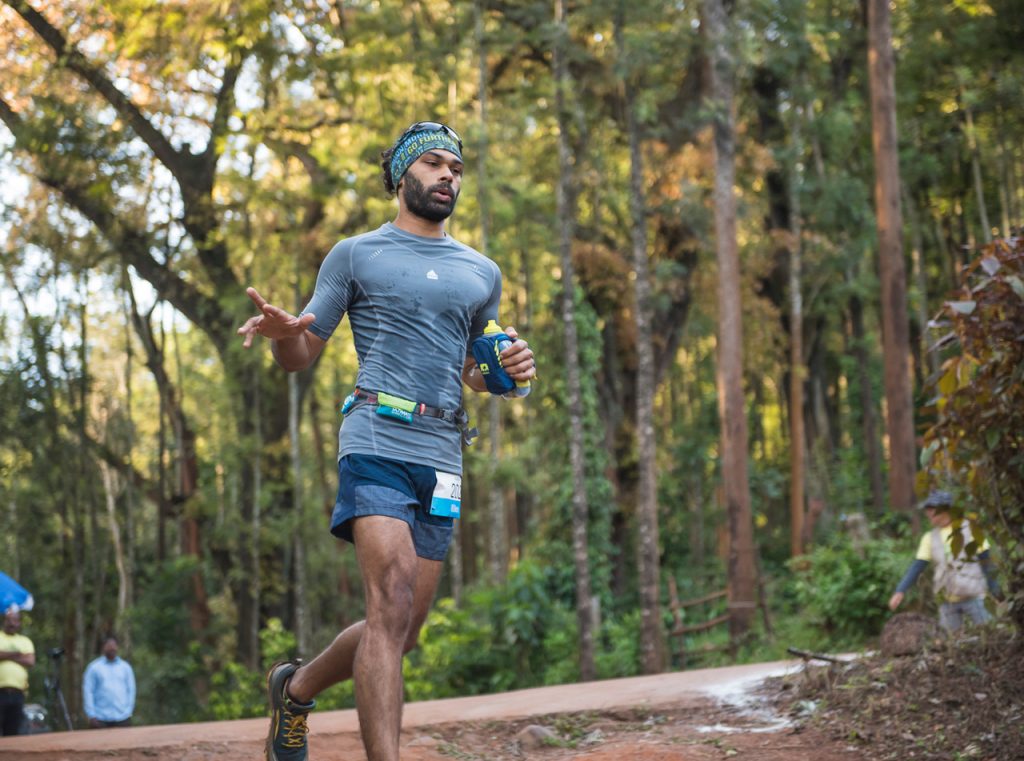
RUN Singapore: As the founder of a company that produces vegan nutrition products in part aimed at athletes, what are the benefits, would you say, of a vegan diet for athletes? Do athletes give anything up (besides meat and dairy products, obviously) when they embrace a vegan diet? And do you think (and is there science to support the belief) that veganism provides additional benefits?

Amit: The most common benefit that athletes experience is a near-instant recovery from workouts. All across the board, athletes who transition to a vegan diet report that their recovery time seems to have ‘magically’ reduced. The recovery is more ‘complete’, and they feel energetic and active throughout the day.
The only thing to give up is meat and dairy, but more than ‘giving up’ we should focus on what one needs to embrace; there are plenty of junk vegans out there who do not necessarily eat right, and instead eat a lot of processed foods. As long as we are eating wholesome foods and a varied diet of plants, fruit, nuts, seeds, lentils, with a minimum of processed and fast foods, we should be okay. There is plenty of research and science to back the unquestionable benefits of a vegan diet for both athletes & non-athletes.
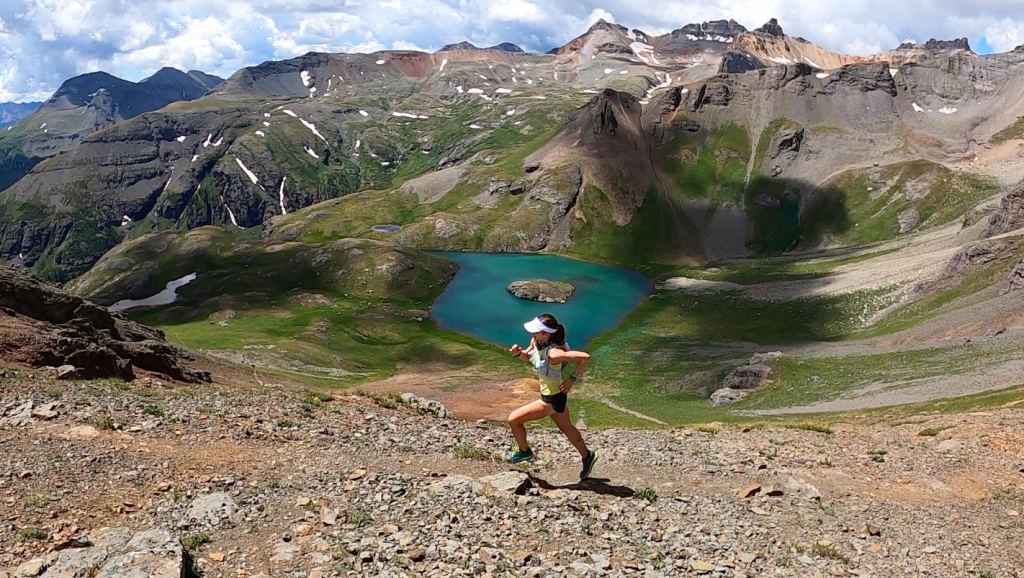
RUN Singapore: Unived sponsors quite a few elite athletes. What can you share from the world of elite vegan athletes about nutrition and training/racing as a vegan that might be helpful to non-elite athletes?
Amit: There are a lot of myths around being a vegan athlete; for some reason, people seem to think one cannot perform to their best on a vegan diet. The no truth to that sentiment, and conversely, we are seeing athletes performing, outperforming, and optimally performing on a vegan diet and with vegan supplements.

The elite vegan athlete focuses largely on unprocessed and wholesome food habits – fresh seasonal fruit, vegetables, nuts and seeds, lentils, as well as good complex carbohydrates. There is enough and more for the body to recover and perform, optimally.
The first change athletes experience when converting from a non-vegetarian to a vegan diet is the almost instant reduction in recovery time, less inflammation, and more energy throughout the day.
RUN Singapore: Over the past few years a number of athletes (Venus Williams, Kyrie Irving, Lewis Hamilton) have publicly announced they are vegan, and that has stimulated a lot of interest among the rest of us. A bunch more (Mike Wardian, Ellie Greenwood, Sage Canaday) are vegetarian. At the same time, I don't think there's a lot of advice on making the transition. How would you recommend that athletes who are interested in giving vegetarianism/veganism a try make the transition without sacrificing health or performance?
Amit: Transitioning towards a vegan diet is actually very easy and simple. It takes 21 days to reset our palate, so we always recommend undertaking a 21-day challenge. No meat or dairy for 21 days straight, only wholesome plant-based foods. You are guaranteed to notice changes within these 21 days – changes in emotional and physical health. Most likely, on day 22, you’re left with a clear distinction between your older self and your new self, and you can make an informed decision about which direction you’d like to continue in.
RUN Singapore: Ultra-endurance sport specifically requires very high calorie intake during training and races. How can vegetarian/vegan athletes ensure that they get, for example, 5,000 calories in a day if they're training or racing hard?
Amit: This is easy and fun. You just need to get used to chewing a lot – because you’re going to be eating a lot, and pretty much throughout the day. There are plenty of apps and online resources that can help you count calories – all you have to do is take a picture of your food and they’ll give you an approximation.
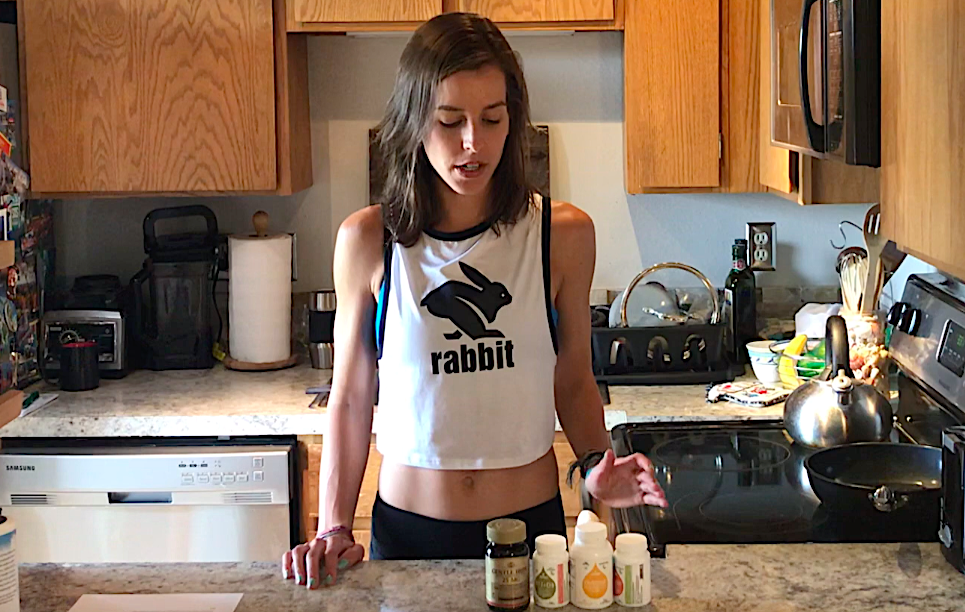
RUN Singapore: I’ve heard Scott Jurek and others say they consume vitamins and nutrition supplements to complement his real food diet. Is the consumption of nutritional supplements necessary for vegan athletes?
Amit: Nutrition for athletes is not limited to just performance fuel. We train for only an hour or two every day. The rest of the time is spent eating, drinking and working. Vitamins and minerals, supplements, superfoods, proteins, these are all crucial to our overall health and wellbeing. Most high-performance athletes – whether vegan or not – require additional nutrition support, in the form of D3 and B12 (which are the most common), and also in the form of minerals such as magnesium, calcium and zinc. We also produce several products, including natural marine magnesium, that help improve quality of sleep and recovery. Because of the importance of sleep to recovery, these are popular with athletes as well.
Many thanks to Amit for talking to us, and you can learn more about his story and Unived at www.unived.in/. Many of Unived’s sports nutrition and supplement products are available at Red Dot Running Company, and can be found at www.rdrc.sg/collections/unived.




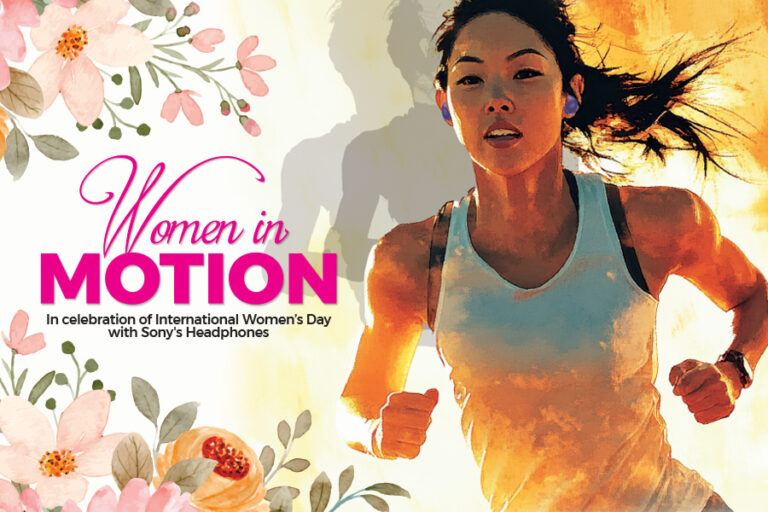

Comment (0)